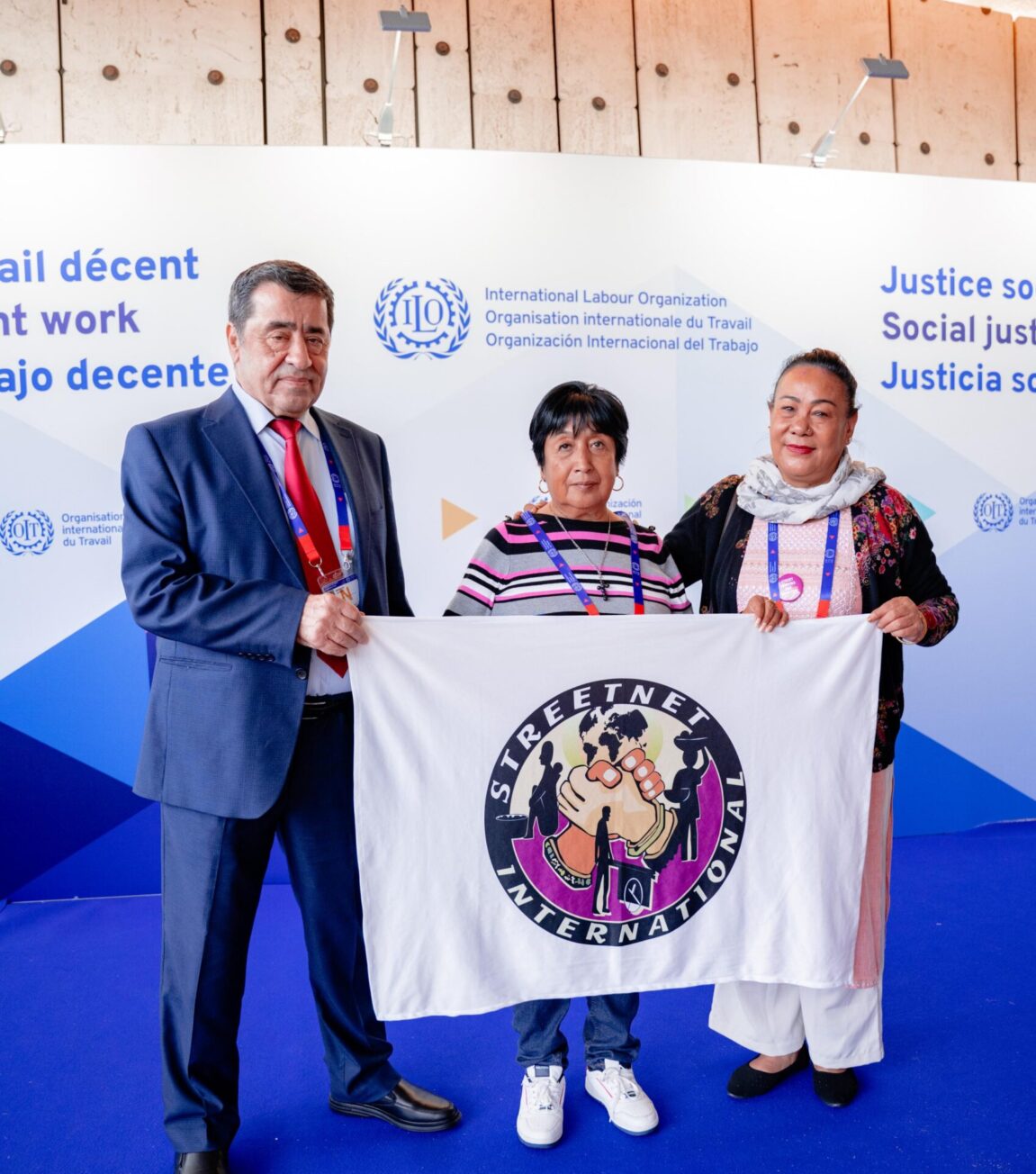15 September, 2016

The 12th Southern Africa Civil Society forum took place at Lugogo Conference Centre in Mbabane, Swaziland from the 15th to the 17th of August 2016. A total of eight informal economy organisations from eight Southern African countries participated with ZCIEA represented by ten delegates led by the organisation’s National President Lorraine Sibanda.

As the East and Southern African Focal point for StreetNet International, ZCIEA led the eight countries informal economy organisations in the proceedings standing for the informal economy with Southern African Trade Union Confederation(SATUCC) standing in for trade unions, Fellowship of Christian Councils In Southern Africa (FOCCISA) standing in for faith based organisations and SADC – CNGO for the non-governmental organisations.

The StreetNet-SATUCC Regional Workshop looked at the outputs of the Lusaka workshop on ILO Recommendation 204 on the 28th/29th July. StreetNet had to demonstrate to get the space to submit its issues at the Civil Society Forum.
The informal economy submitted the following points for the CSF communique:
- 1. At the Manzini workshop, informal workers and cross-border traders from Lesotho, Malawi, Mocambique, South Africa, Swaziland, Zambia & Zimbabwe met, considered the outcomes arrived at in Lusaka two weeks ago by informal workers organisations and TUs belonging to SATUCC, and built further on these.
2. SADC countries identified as making most positive progress in implementation of R204 are Malawi, Mocambique and Zambia.
3. Swaziland SADC people’s summit. Zimbabwe, Zambia, South Africa, Swaziland, Mozambique and Botswana.
4. In Mocambique, the following government agencies are engaging directly with the Associacao da Economia Informal do Mocambique (AIEMO, affiliated to OTM) INSS institute of social security, BAO business registration authority, customs & excise authorities, municipal councils. Customs authorities are working with AIEMO in terms of MoUs at each border post, and municipal councils are working with AIEMO in terms of MoUs in each city.
5. Participants from Lesotho, South Africa and Swaziland reported government unilateralism and continuing and persistent tendencies to make decisions about them in their absence.
6. In Zimbabwe, the government has used R204 as a tool to find new ways of making money out of workers in the informal economy. The most vicious of these is the notorious ordinance SI64 prohibiting essential imports by cross-border traders.
7. Participants call on the SADC Heads of Government to instruct the Zimbabwean Government to immediately scrap SI64.
8. The key difference between the positive examples cited from Malawi, Mocambique and Zambia is the involvement of organised workers in the informal economy in processes of implementation, versus the unilateralism of the other SADC governments. The slogan of all organised workers in the informal economy remains – Nothing For Us Without Us!!
9. Participants called for the simplification of informal cross-border trade in SADC and put the STR (Simplified Trade Regime) in place by means of bilateral negotiations between more countries, in the interests of the livelihoods of the poorest informal CBTs, most of whom are women. The SADC Secretariat must get to work as soon as possible to get these programs started.
10. Workers in the informal economy call for the appointment of a SADC Ambassador for Implementation of R204 – that Ambassador should be the President of one of the identified best practice countries Malawi, Mocambique & Zambia.
11. Participants call for the reinstatement of SADC tribunal.
12. Participants call for a time-frame for implementation of R204 in SADC – the first report, which should be received within 6 months, should specify the implementation time-table. Workers in informal economy must get progress report-backs every year after SADC Heads of State meetings.

The Civil Society Forum was immediately followed by the SADC peoples summit in Manzini where the informal economy through ZCIEA led a cluster on trade and debt. The cluster came submitted the same points from the CSF to be incorporated into the People’s Summit Communique for submission to the SADC Heads of State summit in Swaziland.
The Final Declaration from the Swaziland workshop which became part of the SADC Civil Society Forum declaration to the SADC Heads of State meeting two weeks later can be found here: 12th Southern Africa Civil Society Forum Commission 6: Transition from informal to formal economy


